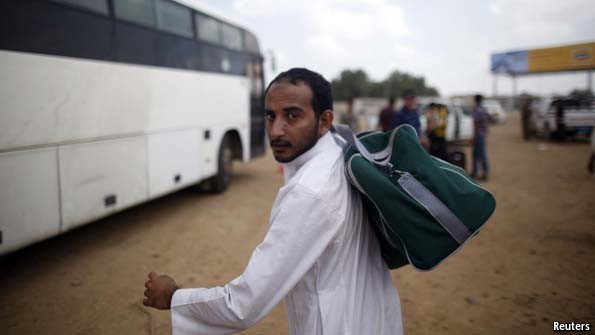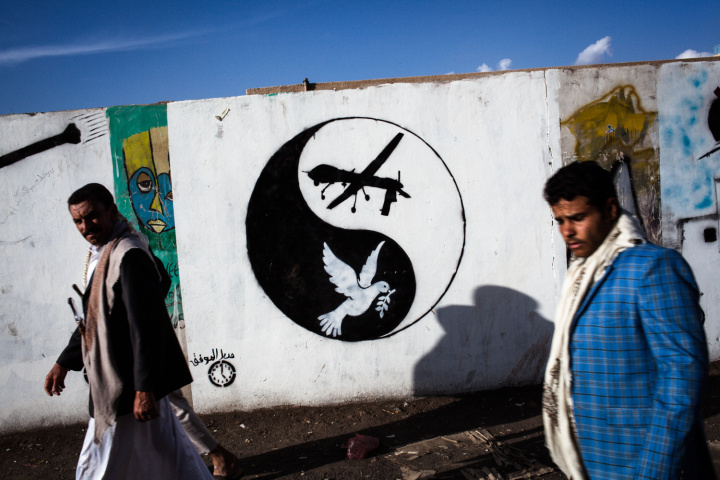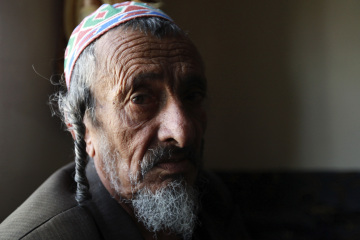 Tik Root | USA Today | Photo: Stephanie Aglietti, AFP/Getty Images
Tik Root | USA Today | Photo: Stephanie Aglietti, AFP/Getty Images
KIGALI, Rwanda — Rwanda marked the anniversary of the genocide of 1994 on Tuesday by emphasizing commemorations around the country instead of a mass gathering in the capital.
"We are not (limited) by the routine," said Julienne Uwacu, the minister of Sport and Culture, which helps organize the commemoration. "We decided to shift from the stadium and to go down at the grass-roots level."
CONTINUE READING AT USATODAY.COM...
This story was supported by the Pulitzer Center on Crisis Reporting









 Tik Root | The Economist
Tik Root | The Economist



